2024 has proven to be a significant year for African fintech, with fintechs emerging as the most-funded startups in Africa’s tech ecosystem, securing a substantial portion of the total funds raised in H1 2024. The sector also welcomed two new unicorns: Moniepoint and Tyme Bank.
Despite the successes seen by fintechs this year, it is important to keep an eye on emerging fintech companies with the potential for global impact. This article sheds light on four key product categories of fintechs to watch in 2025, highlighting two or three startups in each category along with their products.
Credit Card Business—Allawee, Monapp
While card payments have gained popularity as the second most common mode of payment in Nigeria, credit card adoption still lags behind, with only a small percentage of Nigerians owning a credit card. Several fintech startups have stepped in to offer credit solutions to bridge this gap, especially as the Nigerian government aims to increase consumer credit adoption significantly by 2030.
Allawee: Allawee Technologies Limited, established in 2023, is a licensed Digital Money Lender (DML) that provides credit cards to Nigerians. Partnering with Providus Bank, Mastercard, and Remita in December 2024, Allawee offers a credit card allowing users to access credit up to a certain percentage of their net income, facilitating online shopping and payments at various terminals.
MONAPP: In contrast to traditional credit card offerings, MONAPP, a Nigerian fintech company, focuses on providing credit cards to commercial drivers for vehicle maintenance and repairs, catering to a specific niche within the market.
Contactless payments— Cash Africa, Karla, TAP
Despite being in the early stages of adoption in Nigeria, contactless payments are gaining traction, with startups like Cash Africa, Karla, and TAP positioning themselves as pioneers in this space, along with efforts from banks like UBA and Providus to issue contactless cards.
TAP: Touch and Pay Technologies, launched in 2017, supports payments for mobility services in Lagos through its NFC-enabled Cowry Cards, facilitating payments for various transport systems in the city.
Cash Africa: CashAfrica provides an API for banks and fintechs to offer tap-to-pay options within their banking apps, streamlining transactions for users.
Karla: Karla is a Nigerian-based contactless payment platform that enables quick and secure payments using mobile devices or contactless cards at participating merchants.
Payment Infrastructure— Zone, Keyrails, Hub2
The increasing cross-border trade in Africa has fueled the demand for robust payment infrastructure with stringent anti-fraud measures and compliance with regulatory standards, prompting the rise of new startups across the continent.
Zone: A Nigerian payments infrastructure company, Zone, separated from its parent company in 2022 after obtaining a license to provide payment switching and processing services, becoming the first licensed African payment infrastructure company powered by blockchain technology.
Keyrails: Keyrails, a global payments infrastructure company established in 2023, facilitates seamless cross-border transactions among businesses and users in different regions through various payment rails.
HUB2: HUB2, founded in 2019, serves as a payment aggregator enabling fintechs to collect payments and payouts across multiple markets through a unified payment infrastructure API, focusing on Francophone Africa.
Escrow services— Aje, Midddleman
As online shopping gains popularity in Africa and the Middle East, the rise of social commerce has also brought about challenges related to fraud. Startups like Midddleman and Aje play a crucial role in enhancing trust and security in online transactions.
Middleman: Midddleman, launched in 2023, provides escrow services to secure payments from customers until the products are received and confirmed satisfactory, offering a safe transaction environment.
Aje: Established in 2022, Aje leverages blockchain technology to provide secure escrow services, catering to both local and cross-border transactions with features like multi-currency wallets and dispute resolution systems.






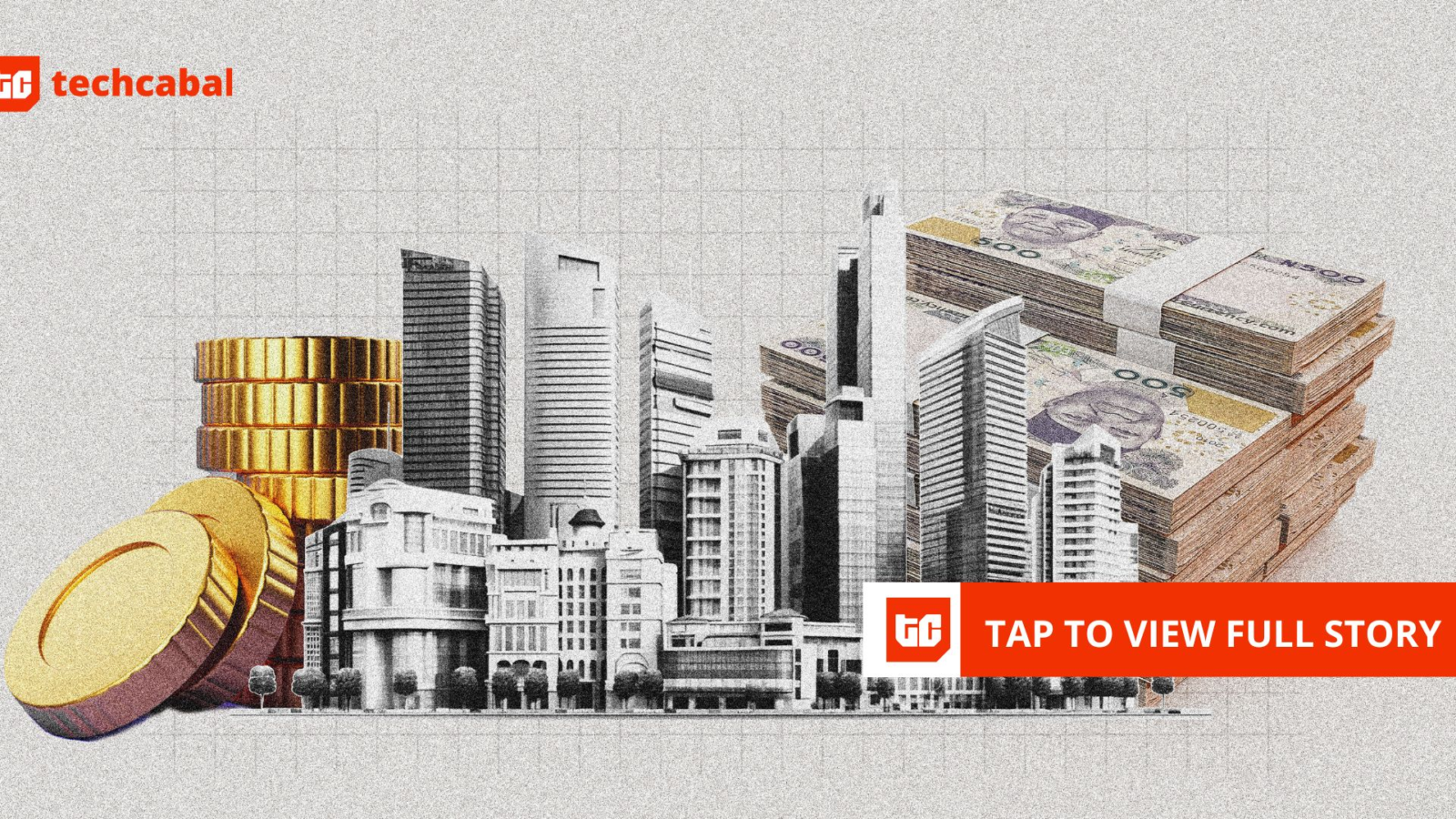


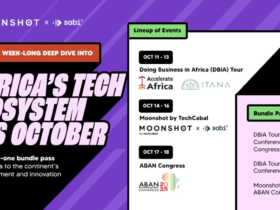
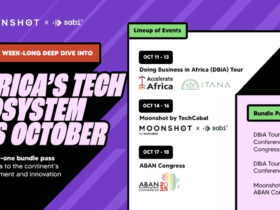


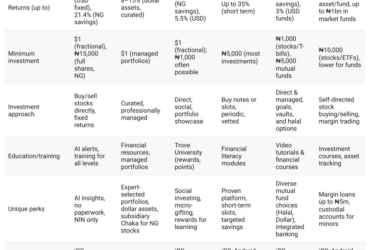


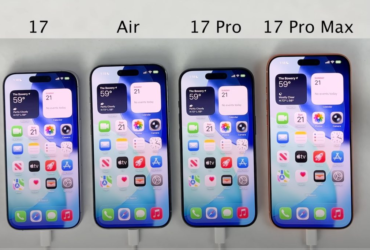

Leave a Reply